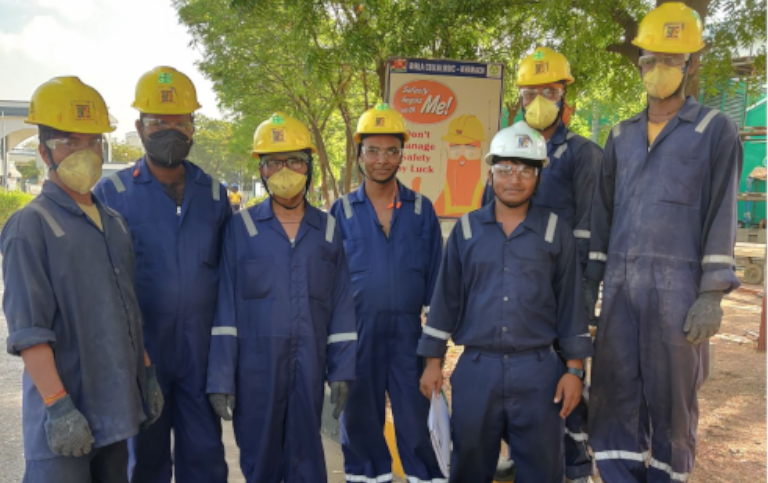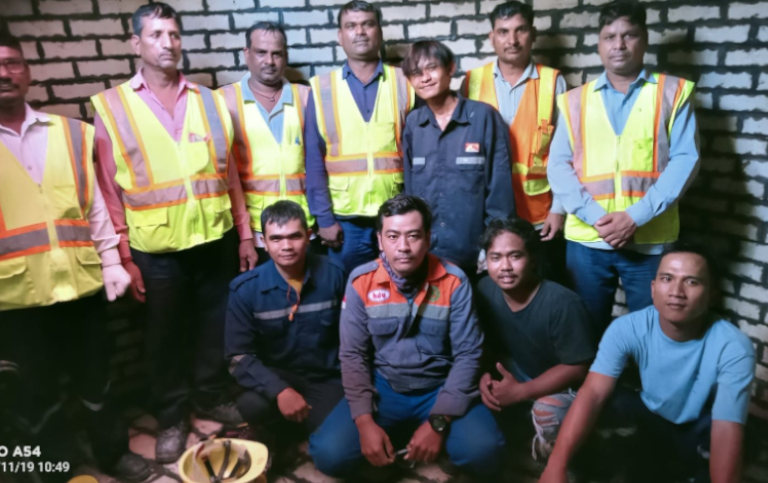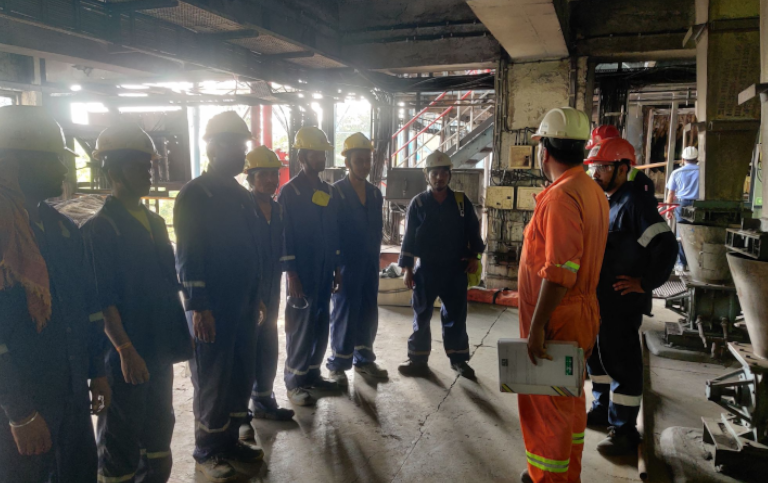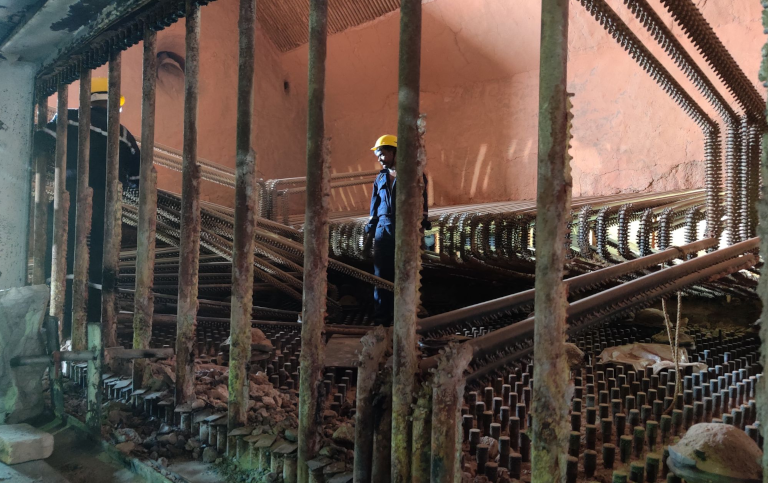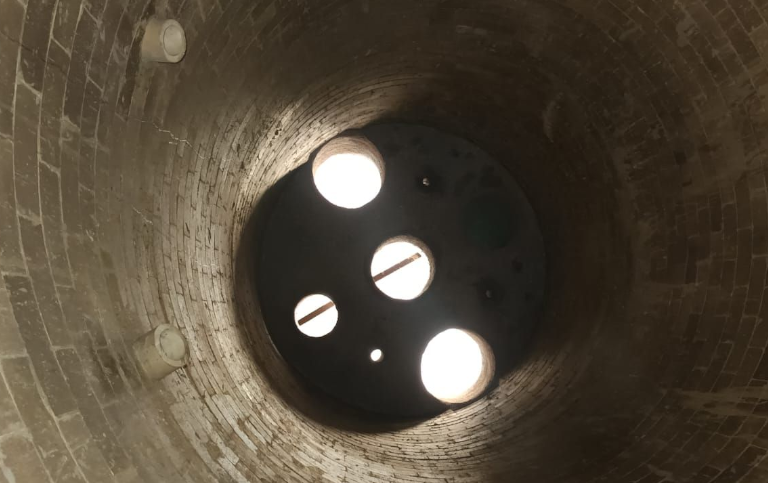Material Composition
- Made from high-quality clays, feldspar, quartz, and other inert materials.
- Fired at high temperatures (typically above 1200°C) to achieve low porosity and high strength.
- Glazed or unglazed depending on the application.
Physical Properties
| Property | Value |
|---|---|
| Water Absorption | < 0.5% |
| Flexural Strength | Min. 40 MPa |
| Compressive Strength | Min. 100 MPa |
| Modulus of Rupture | Min. 35 MPa |
| Abrasion Resistance | High |
| Thermal Shock Resistance | Excellent |
| Surface Hardness | 7-8 Mohs Scale |
Chemical Resistance
| Chemical | Resistance |
|---|---|
| Sulfuric Acid (H₂SO₄) | Excellent (up to 98%) |
| Hydrochloric Acid (HCl) | Excellent (all concentrations) |
| Nitric Acid (HNO₃) | Good (up to 40%) |
| Sodium Hydroxide (NaOH) | Good (up to 30%) |
| Acetic Acid (CH₃COOH) | Excellent (all concentrations) |
| Solvents (Toluene, etc.) | Excellent |
Note: Always confirm chemical resistance with supplier data sheets for specific concentrations and exposure durations.
Thermal Properties
- Maximum service temperature: up to 1000°C (for special refractory tiles)
- Coefficient of thermal expansion: ~5-7 x 10⁻⁶ /°C
- Thermal conductivity: Low (good insulation properties)
Standard Sizes and Thickness
Standard Sizes (mm)
- 200 x 200
- 300 x 300
- 150 x 150
- Custom sizes available
Thickness (mm)
- 20
- 25
- 30
- Custom thickness available
Surface Finish Options
- Matt finish (non-slip, industrial use)
- Glossy/glazed (less common in heavy-duty environments)
- Anti-skid textures
- Smooth finish (for clean room/laboratories)
Installation Guidelines
- Bed Mortar: Must use chemical-resistant mortar (e.g., potassium silicate, furan, epoxy-based)
- Joint Filling: Use acid-proof jointing compounds (e.g., phenolic, vinyl ester, or epoxy resins)
- Surface Preparation: Base concrete must be dry, clean, and structurally sound
- Curing Time: Varies based on adhesive system used; full cure required before chemical exposure
Standards and Certifications
- IS 4457: Indian Standard for Acid Resistant Bricks and Tiles
- ASTM C650: Standard Test Method for Resistance of Ceramic Tile to Chemical Substances
- DIN 121: German standard for chemical resistance
- ISO 10545: International standards for ceramic tile characteristics
Applications
- Chemical industries
- Electroplating plants
- Battery rooms
- Fertilizer factories
- Pharmaceuticals
- Food and beverage processing
- Dye and pigment industries
- Refineries and power plants
Advantages
- High chemical resistance
- Non-porous, low water absorption
- Long life in harsh environments
- Resistant to abrasion and thermal shock
- Easy to clean and maintain


